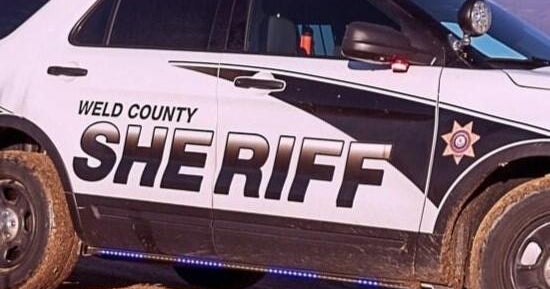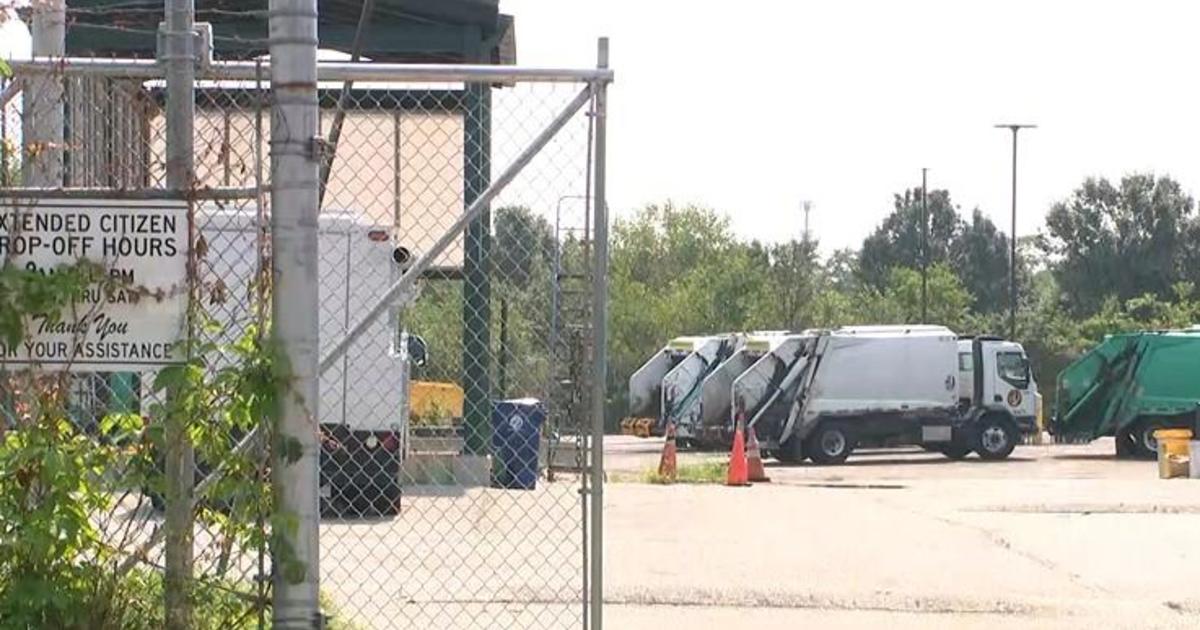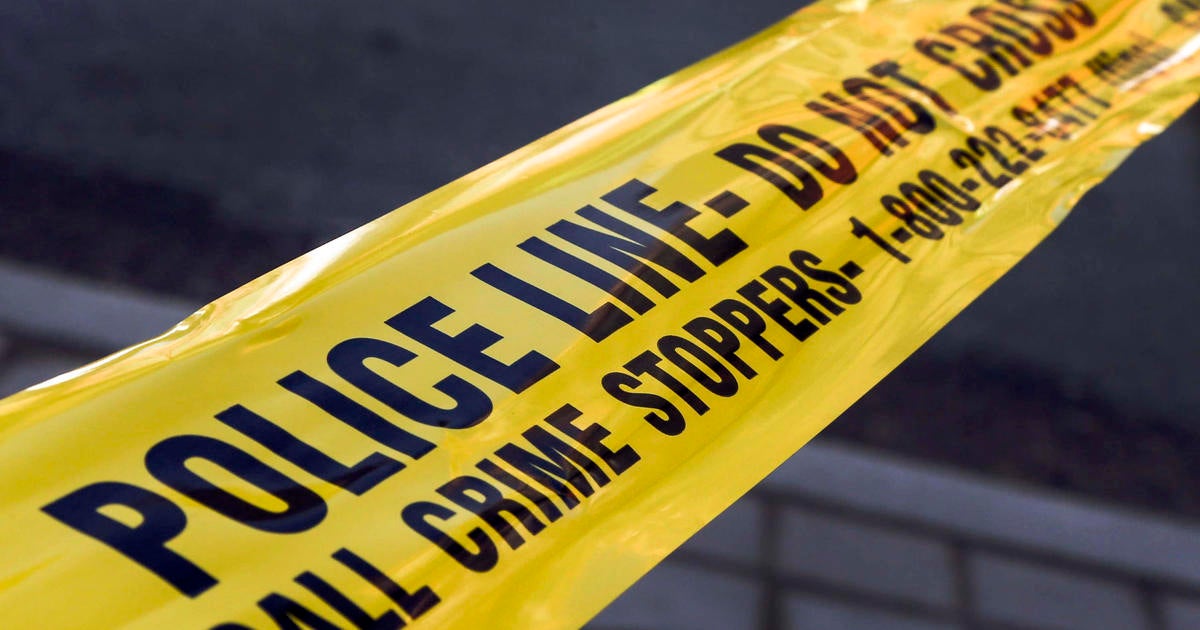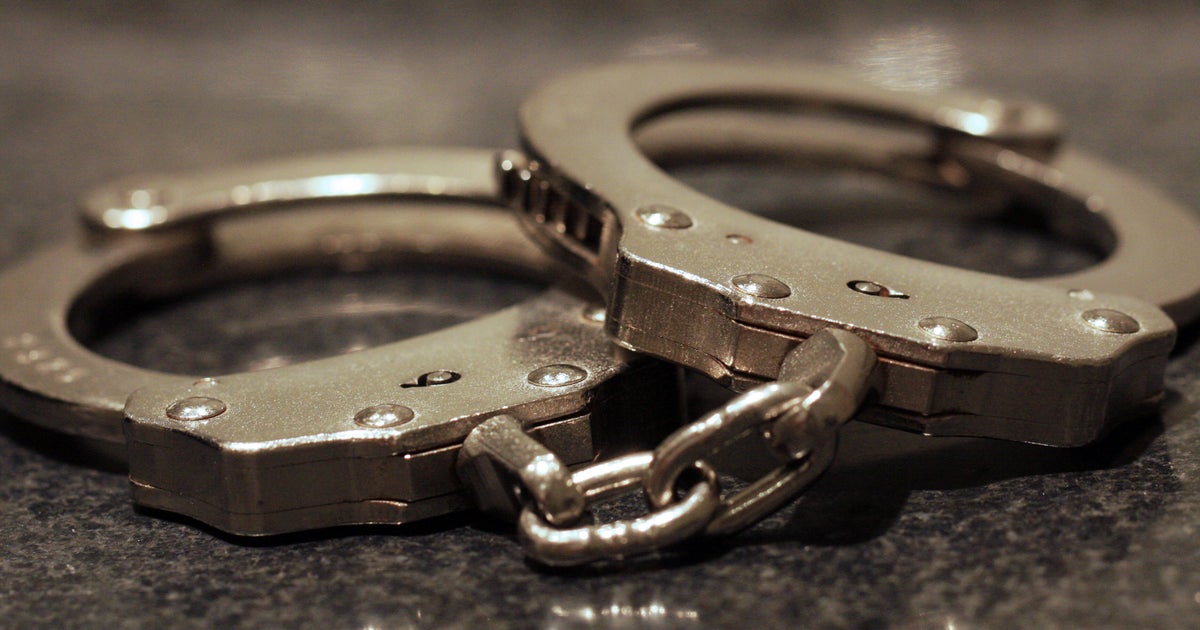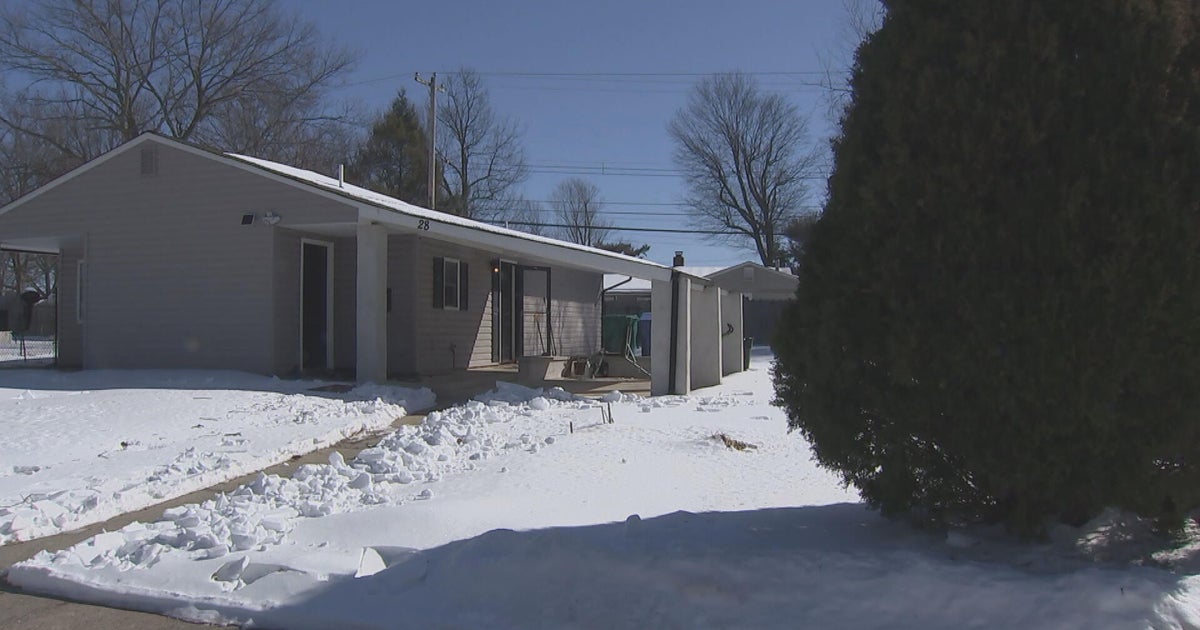Ex-BP Engineer, Texan Convicted On One Obstruction Charge
NEW ORLEANS (AP) - The first criminal trial produced by the Justice Department's sweeping probe of BP's massive 2010 oil spill in the Gulf of Mexico ended Wednesday with a jury convicting a drilling engineer of trying to obstruct investigators by deleting text messages from his cellular phone.
Kurt Mix, a former BP employee who worked on the company's efforts to stop the nation's worst offshore oil spill, embraced stunned relatives and friends after jurors convicted him of an obstruction-of-justice charge punishable by up to 20 years in prison. The jury acquitted Mix of a second count of the same charge.
Mix, a 52-year-old from Katy, Texas, declined to be interviewed after the verdict, but his attorneys vowed to fight his conviction - a major milestone in an investigation that already has resulted in a guilty plea by BP itself.
Attorney General Eric Holder visited New Orleans in June 2010 to announce that the Justice Department had opened civil and criminal investigations of the spill. Holder vowed the department would be "extremely forceful in our response" if it found any evidence of illegal behavior.
Dozens of agents from an alphabet's soup of federal agencies assembled in New Orleans for the Deepwater Horizon Task Force's probe. Mix, who was arrested in April 2012, was the first of four current or former BP employees charged with spill-related crimes and the first of them to be tried.
BP took corporate responsibility for its role in the catastrophe earlier this year, pleading guilty in January to manslaughter charges for the workers' deaths and agreeing to pay a record $4 billion in penalties. But none of the top executives at the London-based oil giant have been charged with crimes.
David Uhlmann, a University of Michigan law professor and former chief of the Justice Department's environmental crimes section, said Mix was a "sympathetic defendant" because his conduct seemed relatively minor in the context of a disaster that killed 11 workers and spewed millions of gallons of oil into the Gulf. Uhlmann, however, said the Justice Department appropriately has a "zero-tolerance policy" for those who destroy evidence in a criminal investigation.
"The Gulf oil spill was the worst environmental disaster in U.S. history. Kurt Mix was charged with deleting text messages from his iPhone," he said. "The government was justified in seeking charges, but there's a proportionality problem here."
Bridget Mix, Kurt's sister, called the verdict "just unbelievable."
"You can't wrap your head around any of it," she said.
During his tenure at BP, Mix received 10 separate notices from the company that he was obligated to preserve all of his spill-related records. But the jury concluded that he broke the law in October 2010 when he deleted a string of text messages to and from his supervisor, Jonathan Sprague.
Mix was on a team of experts who worked on BP's unsuccessful attempt to stop the gusher using a technique called a "top kill." He had access to internal data about how much oil was flowing from the blown-out well.
On May 26, 2010, the day that top kill began, Mix estimated in a text to Sprague that more than 630,000 gallons of oil per day were spilling - three times BP's public estimate of 210,000 gallons daily and a rate far greater than what top kill could handle.
During Mix's trial, FBI Special Agent Kelly Bryson testified that "flow rate" during the spill was a focus of the criminal probe. Investigators looked at the differences between what BP knew privately but publicly released about the amount of oil that was gushing from the well, she said.
Prosecutors argued that Mix was trying to destroy evidence when he deleted the messages, but defense lawyers said Mix didn't try to hide anything from the grand jury convened by the federal task force. Mix preserved and turned over other records with the same information contained in the deleted texts, his lawyers said.
"We remain as convinced as ever of Kurt Mix's innocence," defense attorney Joan McPhee said after the verdict. "We intend to continue to fight to ensure that justice is done in this case."
A Justice Department official, Mythili Raman, thanked federal investigators for their "dedication and tenacity" on the case.
"This prosecution shows the commitment of the Justice Department to holding accountable those who interfere with the administration of justice," Raman said in a statement.
In August 2011, Mix also deleted a string of text messages that he exchanged with BP contractor Wilson Arabie. Several weeks earlier, federal authorities had issued a subpoena to BP for copies of Mix's correspondence.
Jurors acquitted Mix of the count that charged him with deleting the string of messages with Arabie and two voicemails - one from Sprague and one from Arabie.
Sprague didn't testify at the trial, but Arabie was a prosecution witness.
Outside the courthouse after the verdict, two jurors told reporters that the lack of testimony from Sprague and the fact that 17 messages in that string couldn't be recovered were factors in their votes to convict Mix on that count.
"Sprague would have been the determining factor," said juror William Gunn, 48. "There were missing texts, and we couldn't tell if they were relevant or not."
"It was the unknown, and Sprague was the other half of that unknown," added fellow juror Scott Galliano, 49.
U.S. District Judge Stanwood Duval Jr. had instructed jurors that they couldn't give "undue weight" to the 17 unrecovered text messages.
On Tuesday evening, jurors told Duval in a note that they were deadlocked and "at a standstill." After returning Wednesday, they deliberated for less than an hour before reaching the unanimous verdict.
"It was just a very tough decision," Galliano said.
Mix, who didn't testify at his two-week trial, remained free on bond pending a sentencing hearing scheduled for March 26.
Jurors deliberated for more than nine hours over three days before reaching the verdict on Mix's case.
Three other current or former BP employees await trials on spill-related criminal charges. Their lawyers attended portions of Mix's trial.
BP well site leaders Robert Kaluza and Donald Vidrine have pleaded not guilty to manslaughter charges in the deaths of workers on the Deepwater Horizon drilling rig. Prosecutors say they botched a key safety test and disregarded abnormally high pressure readings that were glaring signs of trouble before the April 20, 2010, blowout of BP's Macondo well.
Former BP executive David Rainey was charged with concealing information from Congress about the amount of oil spewing from the well.
(© Copyright 2013 The Associated Press. All Rights Reserved. This material may not be published, broadcast, rewritten or redistributed.)
Latest News:
Top Trending:
- Cowboys Fan Attacked, Beaten After Thanksgiving Day Game
- Texas Gov. Perry Signs "Merry Christmas" Bill
- Icy Weather Cancels Flights At DFW Airport
- Before Drug Sentencing Former Cowboy Sends Letter To CBS 11
- 4th Abduction Attempt In Tarrant County
- PHOTOS: Your Pet Pictures

